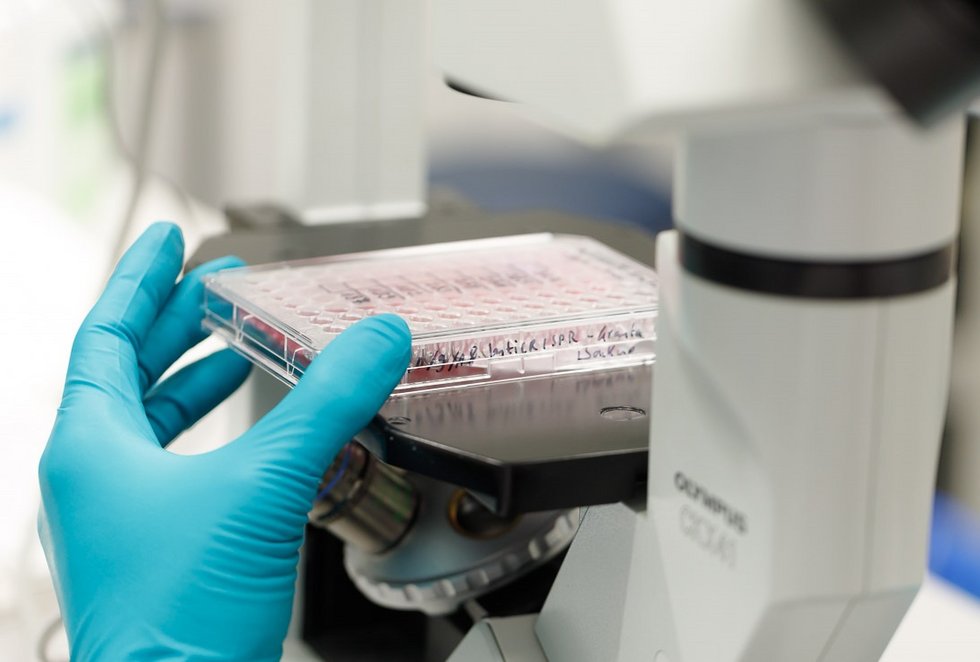Translational oncology aims to enable the clinical application of cancer research results. This means new discoveries on the formation and development of cancer diseases should quickly benefit patients in the form of improved diagnostic and treatment options. Bridging this gap between science and medicine requires close cooperation between basic researchers and physicians who are involved both in treatment and research. This allows for new scientific concepts to be implemented (“bench to bedside”), and questions that are asked in the clinic can be directly transferred to researchers in the form of a reverse translation (“bedside to bench”). Patients benefit from improved diagnostics, innovative therapies, and access to clinical studies.

The activities of our department include all aspects of the translational oncology continuum. In the area of preclinical translation, we are working on numerous application-oriented lab projects dealing with the pathogenesis of different cancers, in order to identify points of attack for targeted treatments and new diagnostic options.
In the area of clinical translation, we deal mainly with the development and systematic use of tools for comprehensive molecular, cellular, and functional characterization of individual tumors, and we are involved in the design and implementation of innovative, investigator-initiated trials.
The focus of our preclinical and clinical work lies within the field of medical oncology. In addition, and particularly in connection with the increasing use of very broad molecular, cellular, and functional diagnostics, we also pursue close interaction with other disciplines such as radiation oncology and the different surgical specialties to assist in implementing these treatments as accurately as possible and in line with the patients’ individual needs.







